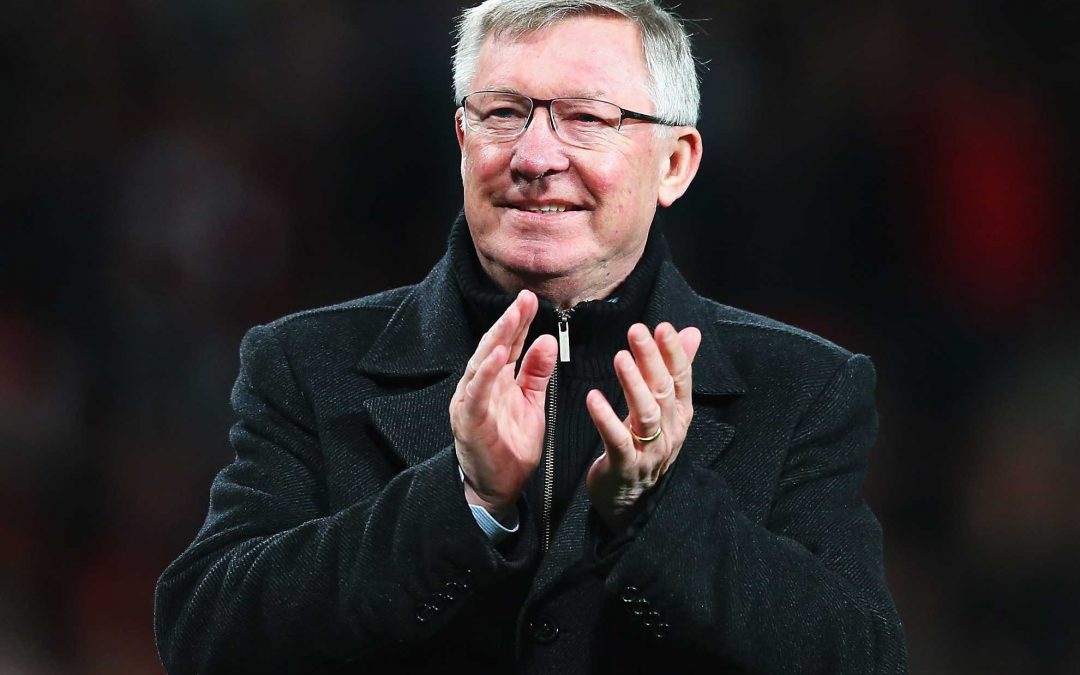Gary Neville, former Manchester United soccer star now sports pundit, once stated “For 20 years, I played in a club that was totally mentally secure, with a manager who was completely sure of himself. I understand what mental toughness is. We didn’t have a psychologist, not once. In this season’s Premier League, I think Chelsea are the ones with the mental strength.
Neville was writing about Sir Alex Ferguson. If you liked him or not, most will agree that his record as a manager and a leader is quite exceptional, both in its longevity and in his remarkable achievements with not one but two clubs. Its also clear that Neville saw Mental Toughness as the cornerstone of that success. Its a more than useful case study.
Alec Ferguson was, and is, a master of mental toughness. One of the most successful Football Managers ever he firstly transformed a Scottish football team, Aberdeen, against the odds, into one of the leading clubs in Europe before creating a dynasty with Manchester United which won every trophy worth winning regularly over the space of 26 years. Often achieving this with a squad who would be described as competent but not special. Illustrating perfectly the ability to help others “be the best version of themselves that they can be” which, of course, is the essence of Mental Toughness.
When we look at the Control elements he showed the sense of self worth often described as a “can do” attitude and transferred that to his players. He always believed he could achieve his goals and that he was in control of the success factors. In terms of Emotional Control, his range of emotional display is legendary. From “the hairdryer” where he would leave a player in no doubt about his disappointment to being described as a “father figure” by the same player. Its interesting to note that most former players refer to his capacity to mange his emotions according to the player.
When we consider Commitment, no-one will doubt this aspect of his mindset. Goal oriented and always using the language of goal setting, he also did whatever it took to achieve his goals. That ranged from always being the first into the ground at Old Trafford to famously traveling to Paris to persuade Eric Cantona to return when he had announced he was leaving the club because of his lengthy suspension.
A unique example of this was something called “Fergie Time”. He realised that players tended to lose concentration in the last 15 minutes of a match and this created opportunity score goals and win games. And it worked. He coached his players to make the most out of the final 10-15 minutes of the match and over time developed the tactic of standing on the touchline and gesturing towards his watch.
Again when we consider Challenge, he was open to new and challenging experiences and to taking risks – and learning from their consequences, good or bad. Simply taking the manager’s job at Manchester United was a challenge. It has proved to be the graveyard for many managerial careers. He would sign players that others would not –often very successfully as in the case of Cantona. Sometimes not so successfully where the lesson would be quickly learned and things would move on.
The world of sport abounds with setbacks, defeats, etc. It’s the ability to see opportunity where others see only the threat that is the essence of the Challenge component. As another great example of Mental Toughness, Nelson Mandela, once said “I never lose. I either win or I learn”.
All of this was underpinned in his Confidence in his own Abilities – which he worked hard, throughout his life, to develop. And in his Interpersonal Confidence which again was unquestionably evident. He would employ this to defend his team and his players, often deflecting criticism from them to himself. His tussles with referees and officialdom is legendary.
Like many case studies, Ferguson wasn’t perfect and wouldn’t have pretended to be. He could treat those who got in way harshly – demonstrating that mental toughness at times had its potential downsides.
His mental toughness enabled him to achieve more than any of his peers whilst showing a human side to his character. It is interesting to see how many of those who fell foul of him, would still speak positively about their experiences with him and of what they learned from him.
There are those who see Ferguson differently but the fact remains that in a very visible public life he consistently demonstrated what we describe as mental toughness – and there are things we can learn from that which benefit our capacity to achieve, to enhance our well-being and to develop a positive take on our lives.
Mental Toughness describes the mind-set that every person adopts in everything they do. It is closely related to qualities such as character, resilience, positivity and grit, etc. Mental Toughness is defined as a personality trait which determines in large part how people deal with challenge, stressors and pressure …. irrespective of prevailing circumstances.
Finally I need to own up. I am a lifelong Manchester United fan so I am biased and will always be grateful what he did to my team. There have been times over the past 50 years where its needed a great deal of my Mental Toughness to still think positively about my team – but very rarely in those Fergie Years!
Doug Strycharczyk
CEO of AQR International


